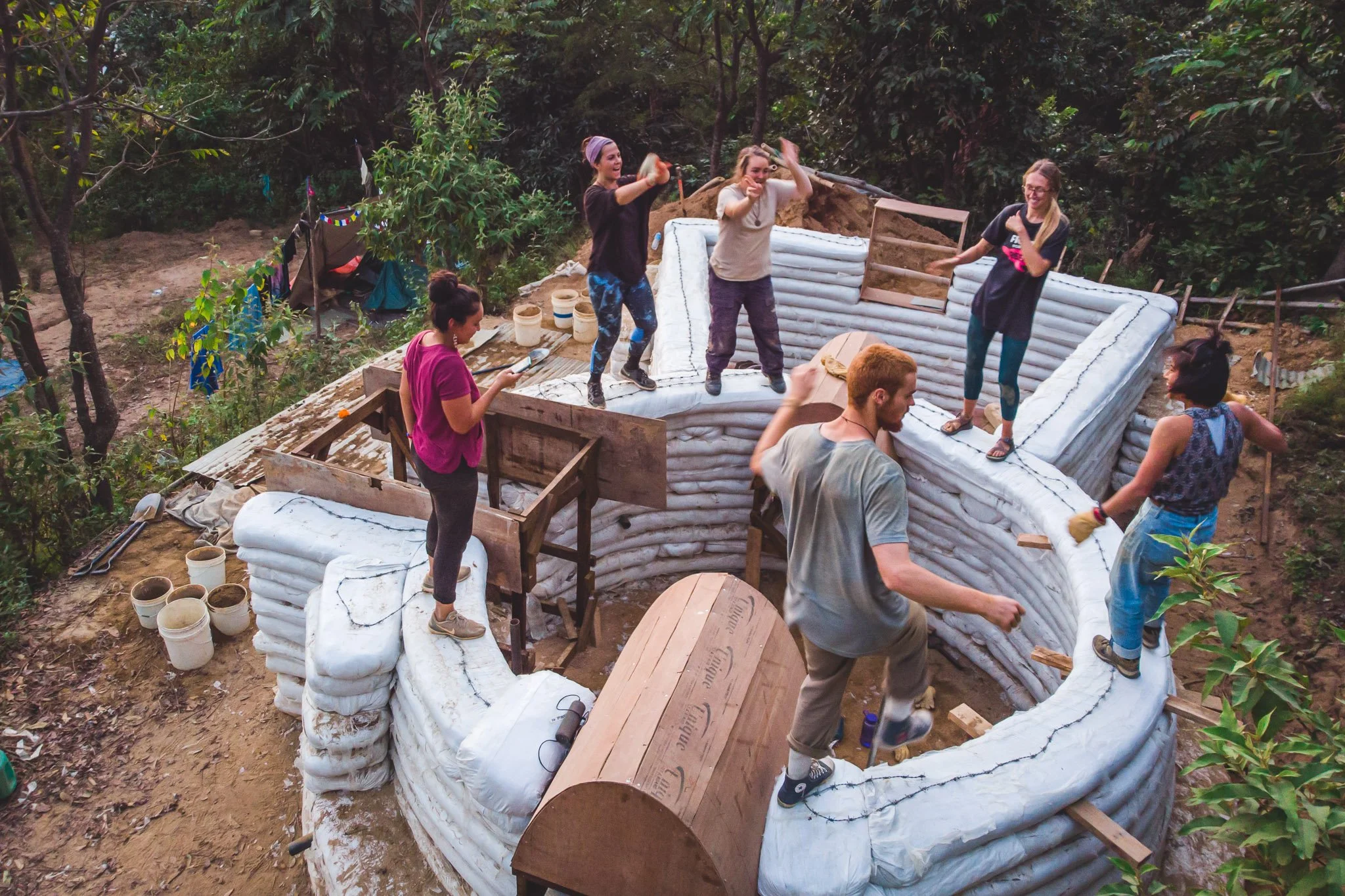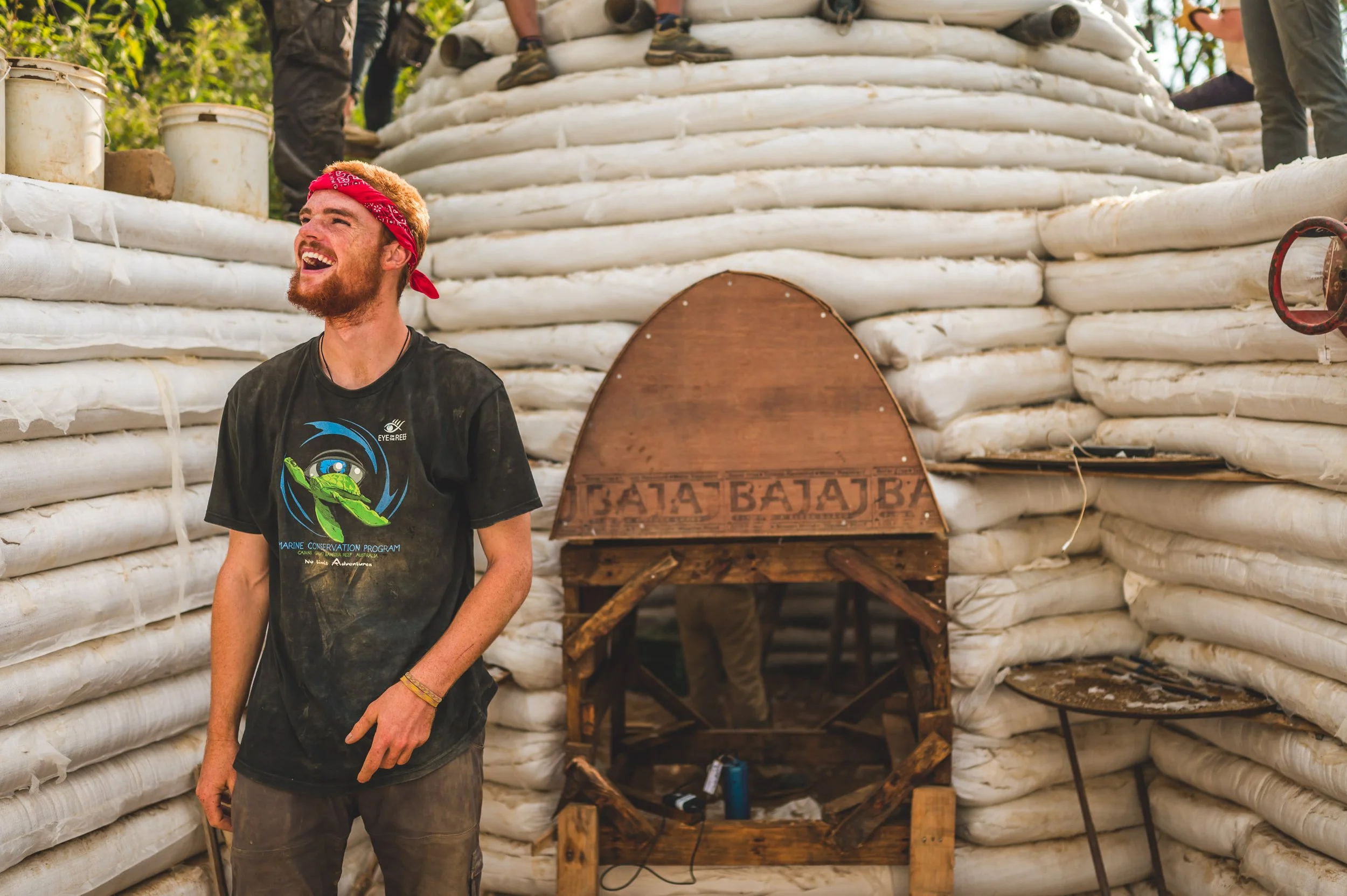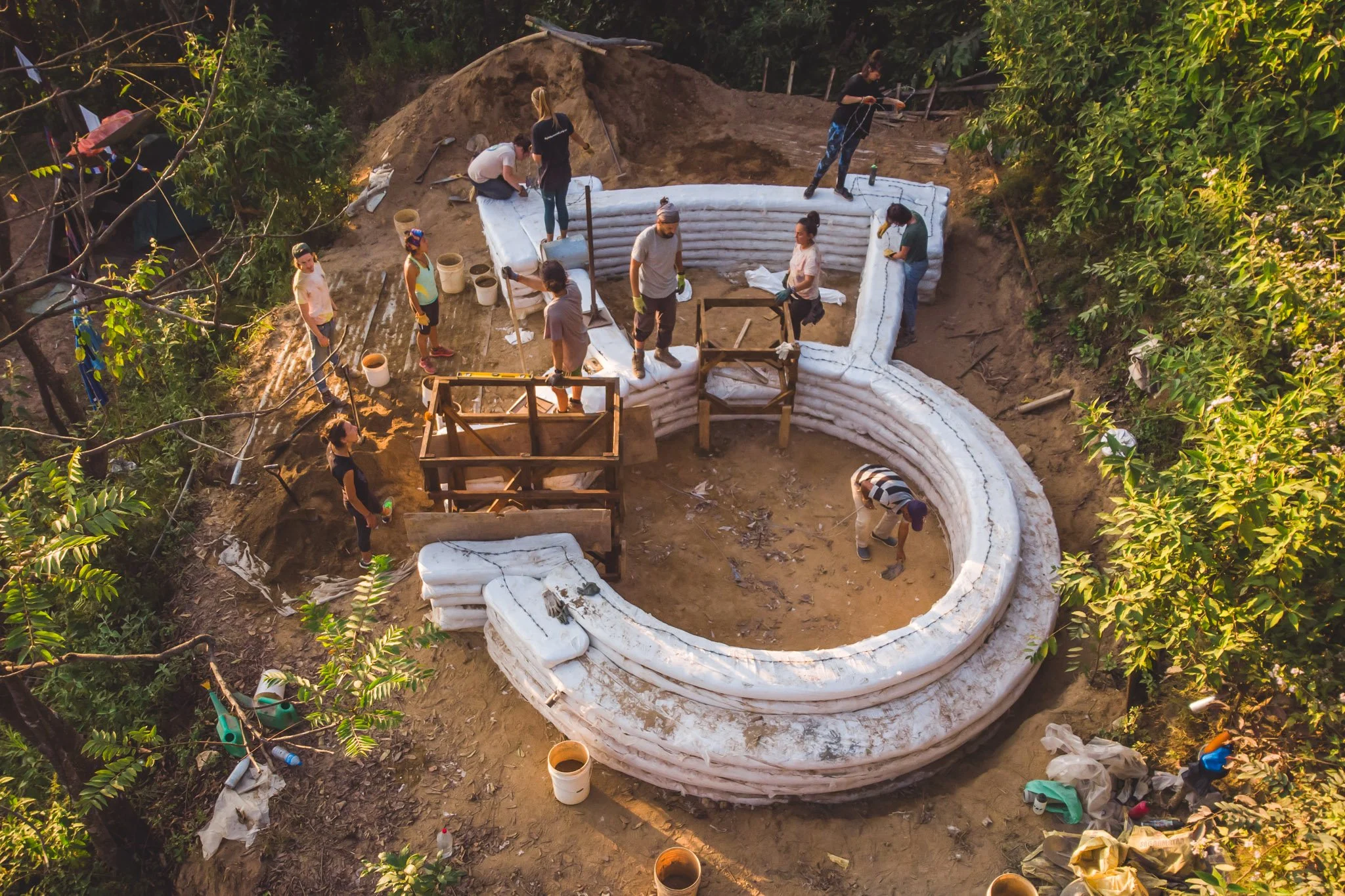
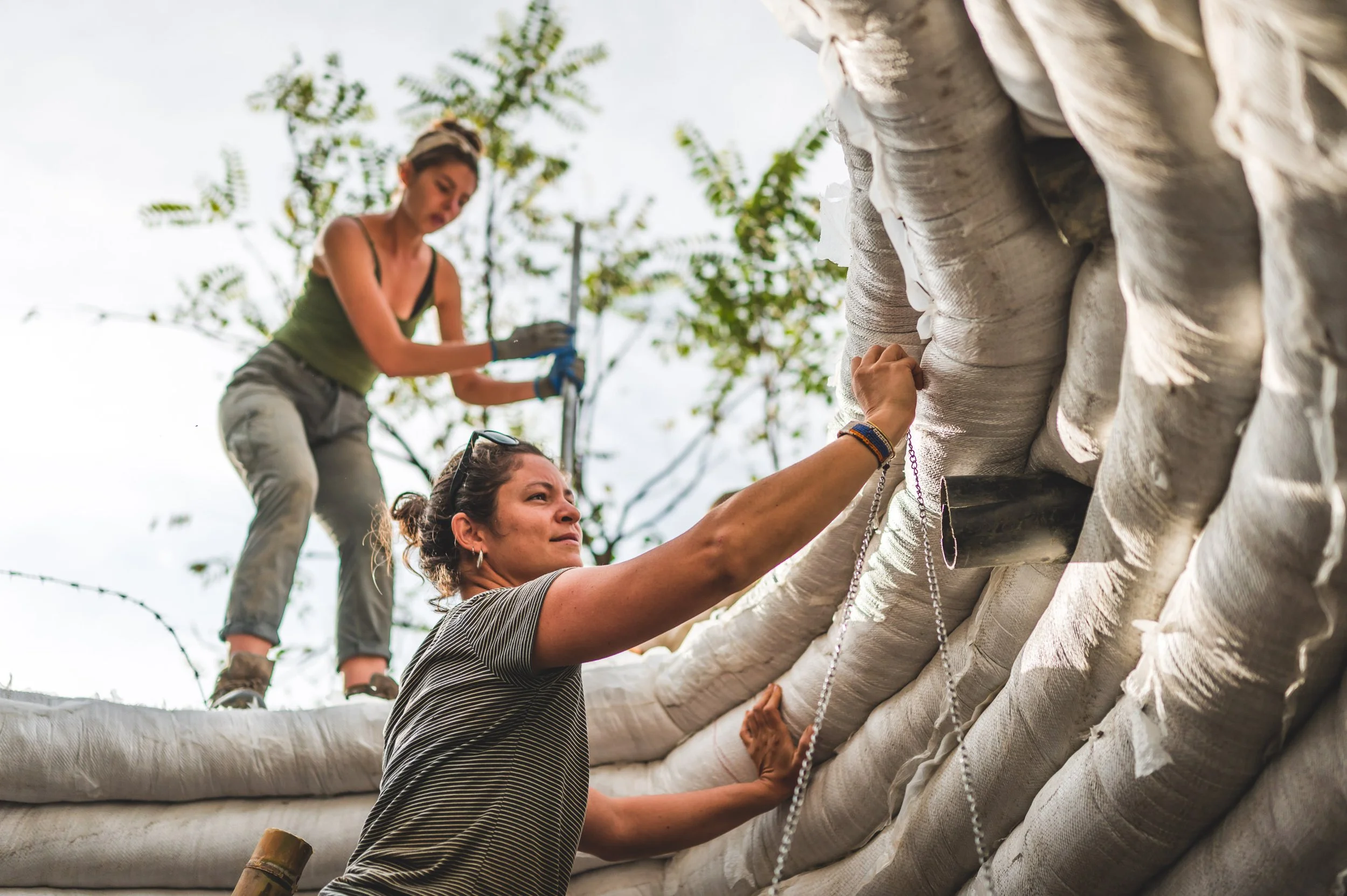

Regenerative Agriculture
Regenerative Agriculture
Regenerative Agriculture
Regenerative Agriculture
The context of where we work
Farmers in rural Nepal have grown subsistence crops like millet, corn, rice, and wheat for generations to feed and support their families. They make a small amount of income by selling these crops and selling livestock every year, though this is barely enough every year to support their basic needs. Conscious Impact has been working to develop regenerative agriculture programs that support farmers to do what they’ve always done — tend to the land — while improving their quality of life through improved economic livelihood.
The Coffee Program
While exploring opportunities to improve farmers’ livelihoods in Takure, Conscious Impact learned early on that coffee trees grew successfully in our surrounding area’s elevation of 900 to 1,600 meters above sea level. Growing coffee in Nepal is a somewhat new phenomenon, with the “Coffee Belt” traditionally not encompassing the country of Nepal, however the mountains of the lower Himalaya offer ideal habitat for high elevation Arabica coffee. Growing coffee increases farmers’ annual income by up to 7,000 to 24,000 Nepali rupees a year depending on number of trees and annual yield.
In 2016 we started our coffee tree nursery, and began working with local farmers to form a cooperative. Members of the cooperative were able to purchase coffee trees at a significantly subsidized cost, along with other lucrative fruit trees like citrus, macadamia, and passion fruit. Our Agriculture team provided significant technical training and support as well as orchard planning, while our teams of volunteers provided substantial labor power through digging holes, carrying compost, and planting trees. We have supported one of our cooperative members to oversee the “processing” of locally grown coffee, which allows for farmers to sell their fruit to be pulped, fermented, dried, and later bought by coffee buyers and roasted to sell in Kathmandu.
10 years later, our coffee program is still going strong. We work with 68 farmers per year and are continuing to develop deeper and more meaningful partnerships along the way. Volunteers will have the opportunity to directly support farmers, as well as learn about how our coffee growing program improves economic livelihoods and restores deforested lands in the lower Himalaya of Nepal.












![CI_Season2_Dec31-Mar14_[web]-193.jpg](https://images.squarespace-cdn.com/content/v1/5797b9f7d1758e16806f3d41/1501789245928-BPPI4AG5CVNCYO1AS6EN/CI_Season2_Dec31-Mar14_%5Bweb%5D-193.jpg)
Shiitake and Oyster Mushroom Cultivation
In 2019 the Agriculture team became piloting shiitake and oyster mushroom cultivation, starting with creating mushroom houses for the Takure Primary School (to provide food for students and sell for income) and at our Conscious Impact camp. Our staff attended trainings and developed the technical skills necessary to begin training and supporting farmers to cultivate their own mushroom crops. Like coffee, mushrooms can be sold at much higher prices than subsistence crops and can increase the annual income of a farmer by 150,000 Nepali rupees per year for shiitake and 25,000 to 30,000 Nepali rupees per year for oyster mushrooms.
Over 3 years we’ve now worked with 14 farmers total, and work with 4-5 new farmers every year with a growing list of farmers in our region excited to be trained by us each year. Additionally in 2025 we supported the local Women’s Microfinance Cooperative to establish their own mushroom farming business, and continue to offer training to local schools that wish to grow their own mushrooms. We continue to offer 7-8 trainings every year in our district of Sindhulpalchowk so that farmers in our region can gain this valuable knowledge, support their families, and increase food security for rural mountain communities.
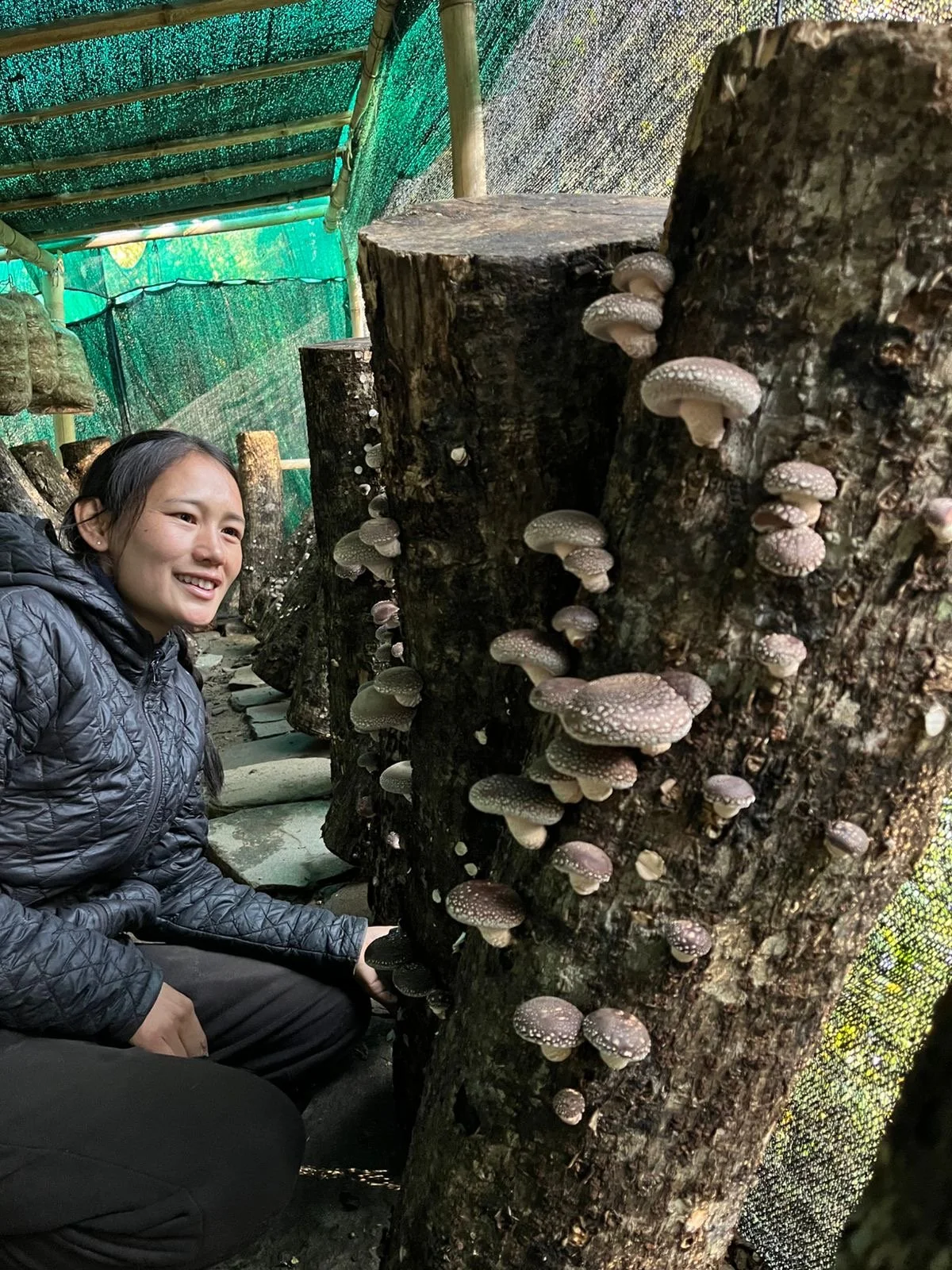
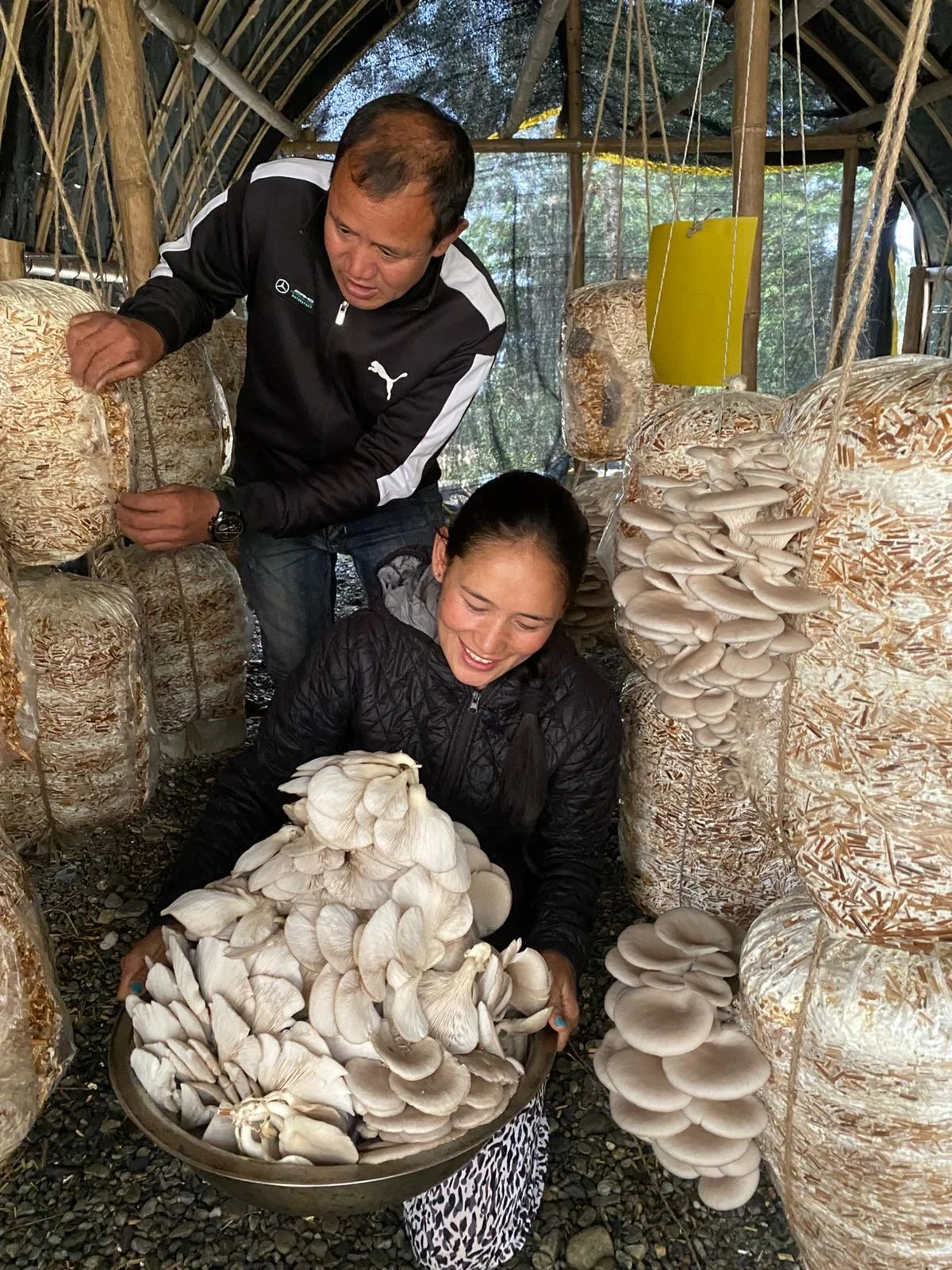

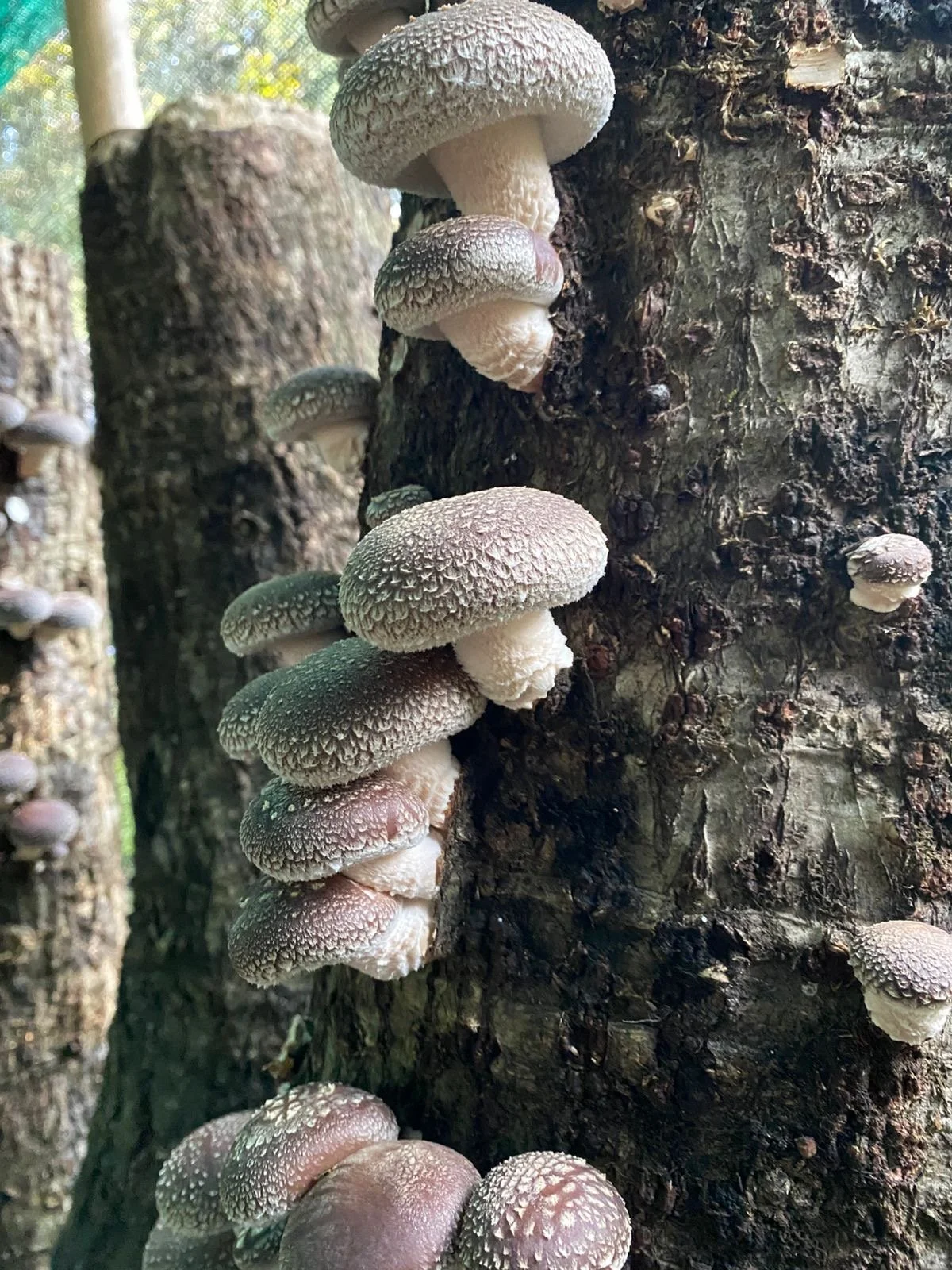
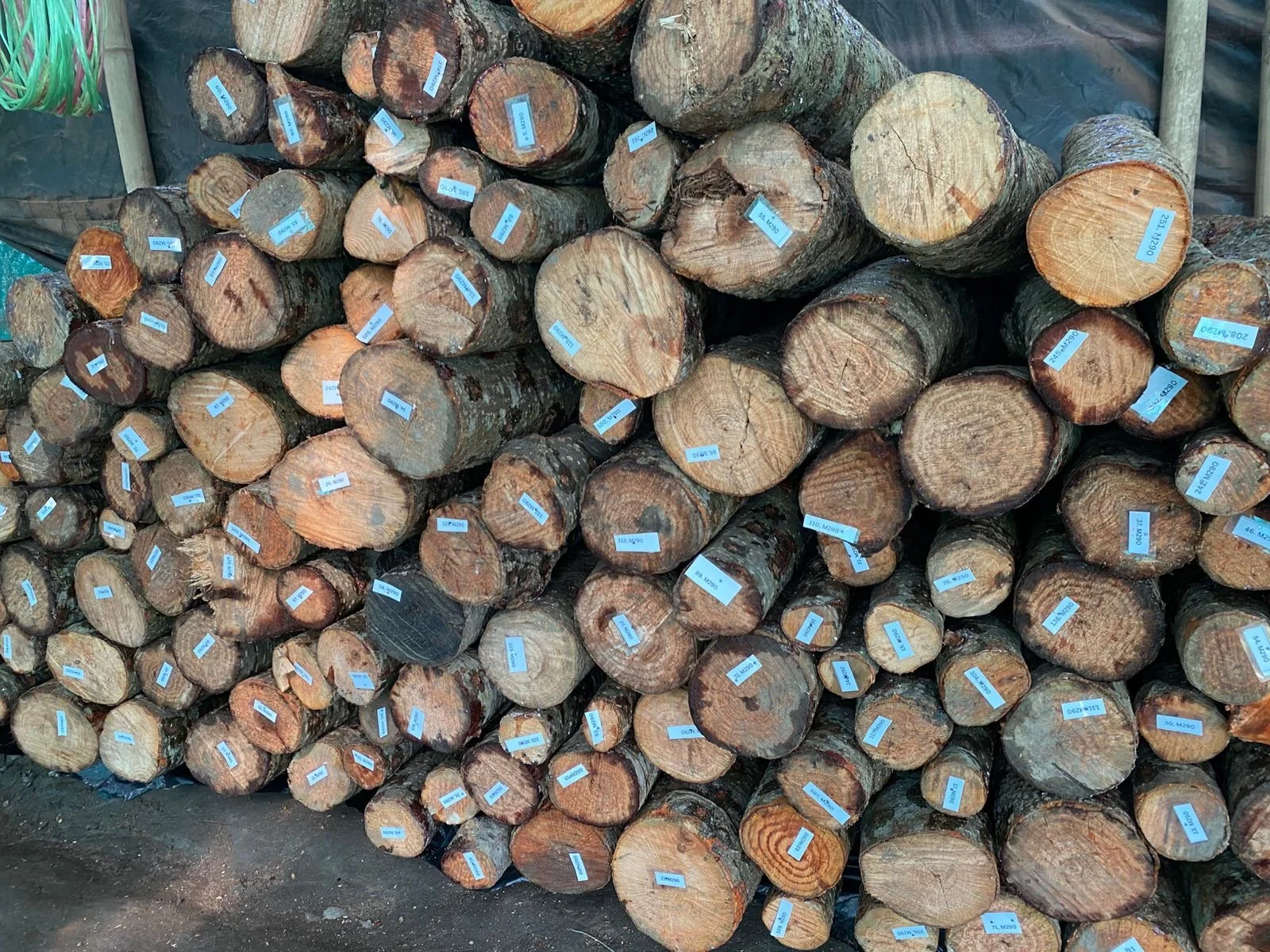
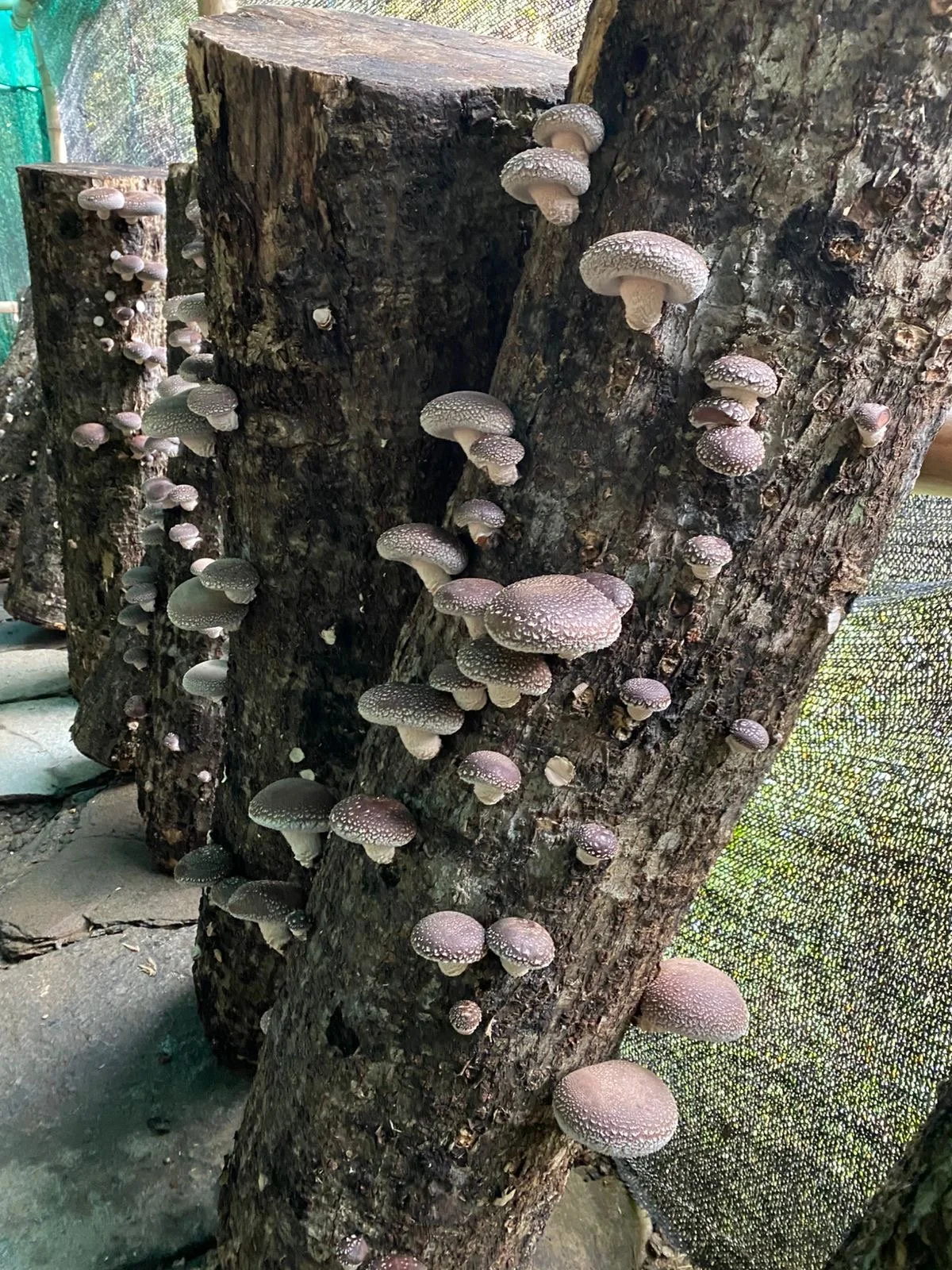
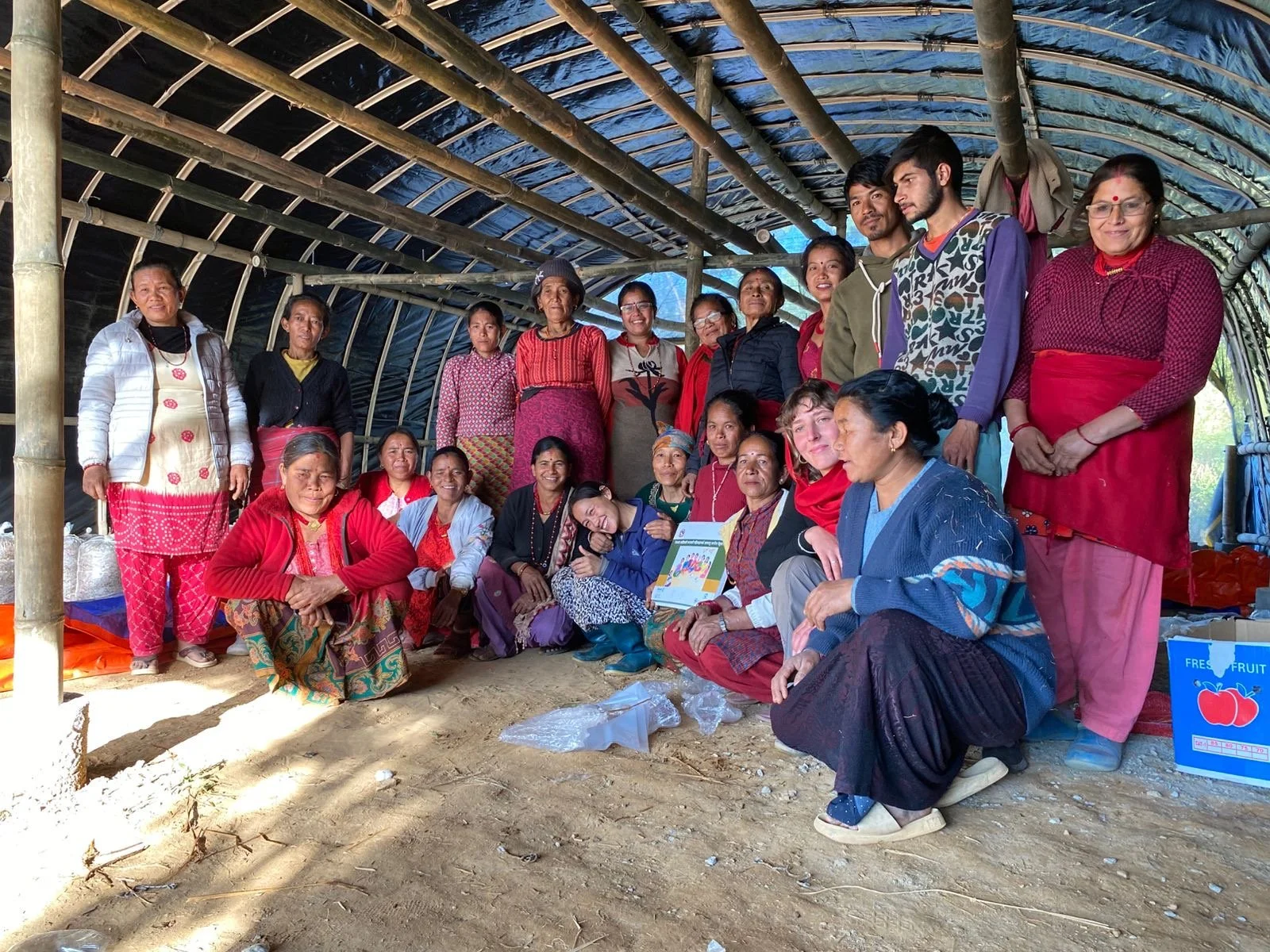


Natural Building
natural building
Natural Building
natural building
Natural Building Programs
As the homes and buildings in Takure and surrounding areas have been rebuilt, Conscious Impact has moved towards doing less community construction projects, and have begun offering hands-on, natural building workshops and courses such as Intro to Natural Building and Earthbag Dome Construction. These courses have been attended by students from all over the world, and are made available to Nepali and Indian Nationals at a significantly subsidized cost.
Volunteer groups who come to our camp will have the opportunity to learn natural building during on-site infrastructure projects. If you are a volunteer group organizer or an individual volunteer, please ask about what building projects will be going on during your visit.
Conscious Impact hopes to continue offering natural building trainings to the local and international community in hopes that infrastructure in Nepal and beyond will move towards becoming more environmentally sustainable, earthquake and fire resistant, and allow us to live in greater harmony with the natural world.
If you are interested in attending one of our natural buildings trainings in the future, keep an eye out for announcements by following us on Instagram and checking back here every few months.
